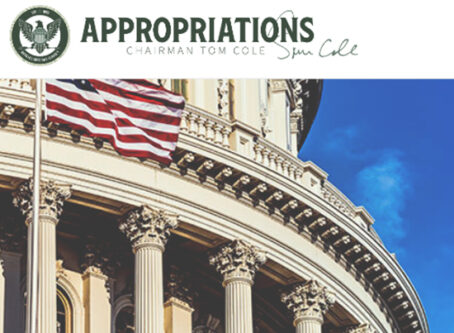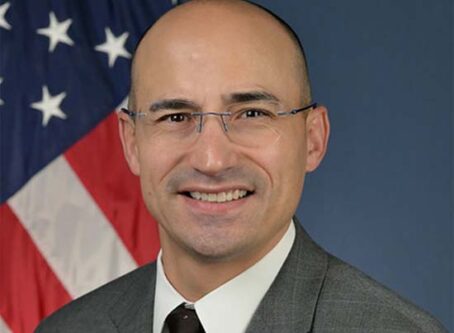Trucking Alliance makes another pitch for hair testing
The Trucking Alliance is making another attempt at getting hair testing results included in FMCSA’s Drug and Alcohol Clearinghouse.
In a notice that is set to publish in the Federal Register on Wednesday, Aug. 24, the Trucking Alliance wants the Federal Motor Carrier Safety Administration to amend the regulations, requiring carriers with knowledge of a positive hair test to report the results to the Clearinghouse.
Motor carriers in the Trucking Alliance include Cargo Transporters, Dupre Logistics, Frozen Food Express, J.B. Hunt Transport, KLLM Transport Services, Knight Transportation, Maverick Transportation, Schneider, Swift Transportation, US Xpress and May Trucking Co.
Urinalysis satisfies the current drug and alcohol testing requirements by the FMCSA. However, many large fleets require their employees to undergo hair and urine testing.
The 2015 FAST Act requested that the U.S. Department of Health and Human Services’ Substance Abuse and Mental Health Services Administration release guidelines on hair testing. In September 2020, the agency acknowledged the limitations of hair testing. For instance, the agency cited legal cases that “indicate an employment action taken on the basis of a positive hair test alone, without other corroborating evidence, may be vulnerable to legal challenge.”
Hair testing reveals that a person was in the environment of a substance, but it doesn’t prove that a person used the substance.
Although FMCSA has already acknowledged that it lacks the authority to grant the Trucking Alliance’s request, it is opening the notice to a 30-day public comment period.
“The Alliance’s exemption request is another misguided attempt to mandate hair testing for the nation’s commercial motor vehicle drivers that will not reverse the trend of rising crashes and fatalities involving heavy trucks,” said Jay Grimes, OOIDA’s director of federal affairs. “As discussed in the Department of Health and Human Services proposed guidelines, there are still many unresolved debates and unanswered questions concerning the reliability of hair testing. A few of the problems in using hair testing include contamination from the environment, variances in hair types, and position on the scalp.”
OOIDA argues that there is no evidence to support the allowance of hair testing.
“Given the many uncertainties and lack of safety improvements from hair testing, there is no sound reasoning for federal agencies to adopt any sort of hair testing mandate for drivers,” Grimes said. “This is in large part why FMCSA does not have the statutory authority to even grant such an exemption, as rightly mentioned in the notice.”
In 2020, Moseley Marcinak Law Group asked FMCSA to grant the Trucking Alliance carriers an exemption that would allow them to use hair testing rather than urinalysis.
FMCSA formally denied that request in May 2021, noting that it lacked the statutory authority to do so.
A 30-day public comment period will begin once the notice is published in the Federal Register. To make a comment, go to the Regulations.gov website and enter Docket No. FMCSA-2022-0127. LL









